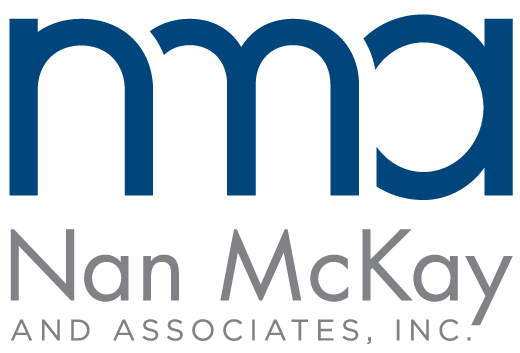RAD: Final notice
 If you’ve been thinking about applying for the Rental Assistance Demonstration (RAD) program, now’s the time to get serious. HUD issued the final implementation notice (PIH 2012-32) on July 26 and will begin accepting applications for the first component of RAD on September 28. That’s the component that allows projects funded under the public housing and Moderate Rehabilitation (Mod Rehab) programs to convert to long-term Section 8 housing assistance payments (HAP) contracts, either project-based voucher (PBV) contracts or project-based rental assistance (PBRA) contracts.
If you’ve been thinking about applying for the Rental Assistance Demonstration (RAD) program, now’s the time to get serious. HUD issued the final implementation notice (PIH 2012-32) on July 26 and will begin accepting applications for the first component of RAD on September 28. That’s the component that allows projects funded under the public housing and Moderate Rehabilitation (Mod Rehab) programs to convert to long-term Section 8 housing assistance payments (HAP) contracts, either project-based voucher (PBV) contracts or project-based rental assistance (PBRA) contracts.
The final RAD notice reflects numerous changes that HUD made in response to comments submitted by stakeholders on the March 8 proposed notice (PIH 2012-18). For example, many stakeholders were hoping that HUD would eliminate the 50 percent cap on the number of units in a converted project that can receive PBV assistance. Although HUD did not agree to this change, the final notice contains several revisions that should make converting a public housing project to PBV assistance a more viable option for PHAs:
- It prohibits tenants from being involuntarily displaced as a result of the cap.
- It clarifies that a PHA may project-base 100 percent of the units in a project if at least 50 percent of the units qualify for exemptions from the cap. Units within a single-family building (one to four units) qualify for exemption, as do units within a multifamily building that are occupied by elderly or disabled families or families receiving supportive services.
- It modifies the requirements related to units designated for families receiving supportive services: “For purposes of RAD, the requirement that a family must actually receive services to reside in the excepted unit has been modified. Families living in units subject to a proposed RAD conversion must be given the option to receive supportive services. If such services are declined by the household, the unit shall remain under the HAP contract, the household shall not be terminated from the PBV program, and the decision to decline an offer to receive supportive services shall not represent a ground for lease termination. Once the initial household residing in the excepted unit under RAD vacates such unit, all PBV program requirements related to the required receipt of supportive services shall apply.”
- It notes that supportive services do not have to be provided directly by a PHA.
The final RAD notice reflects other significant changes besides these. To cite just a handful:
- To help RAD agencies without access to vouchers meet the choice-mobility requirements of the demonstration, it creates incentives for non-RAD agencies to provide turnover vouchers.
- It eliminates the need for HUD to approve a change in project configuration before the submission of a RAD application.
- It increases the amount of predevelopment funds that can be spent on a proposed public housing conversion from $50,000 to $100,000.
- It modifies the financing plan benchmarks and processing requirements so that they are more compatible with a wide variety of financing sources, including FHA insurance and low-income housing tax credits (LIHTCs).
Of course, even with the changes in the final RAD notice, conversions of public housing to PBV or PBRA contracts won’t be simple. But if the conversion process seemed impossible before, it may seem feasible now.
To learn more about how NMA can help with RAD applications, visit our website.

